Survival Fishing Kit – What Works?
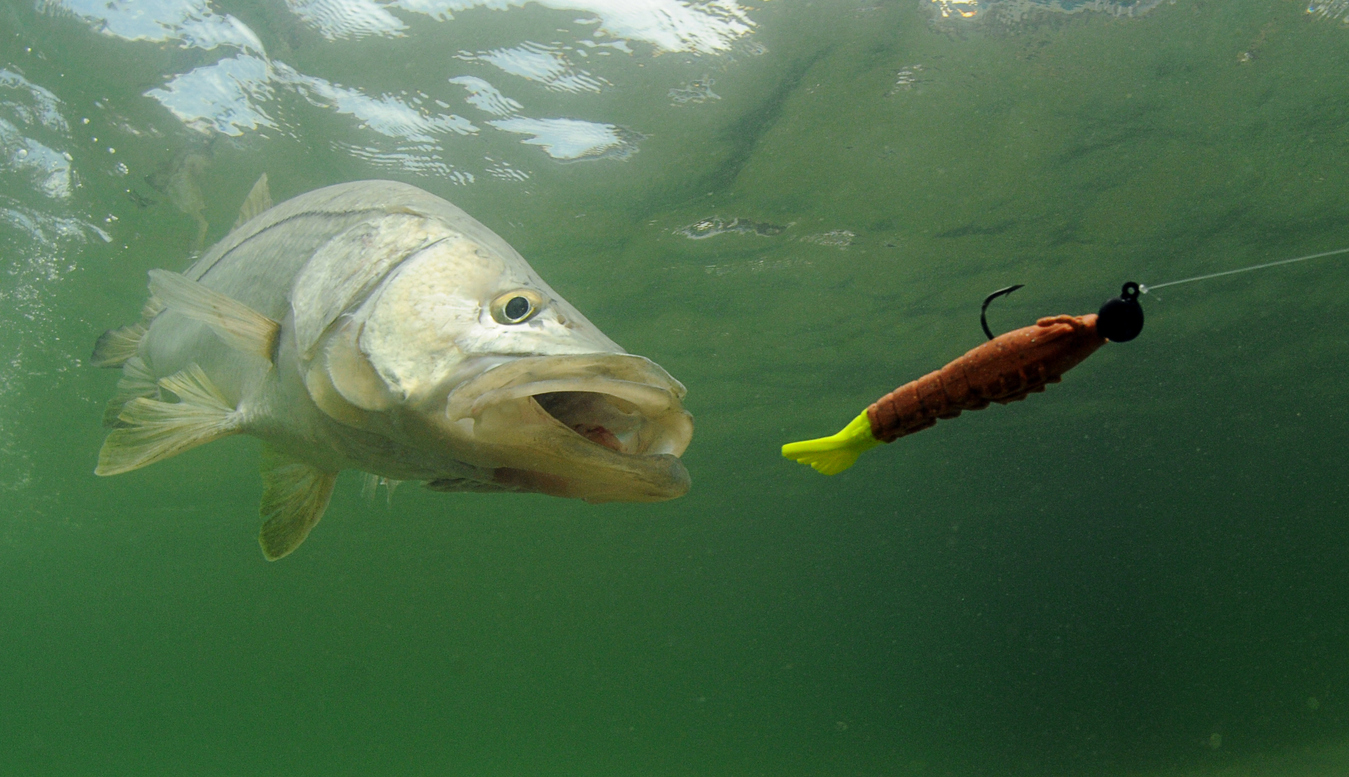
Human survival, in a nutshell, works according to a ‘Rule of 3’ – you can survive 3 minutes without air, 3 days without water, and 3 weeks without food.
Once you have taken care of the other priorities of survival you can move on to food, not only is water more important than food but without sufficient water your digestive system will not be able to cope with any food you do find.
Luckily, finding water also means you may have found a source of food if you have a few basic pieces of equipment in your survival kit.
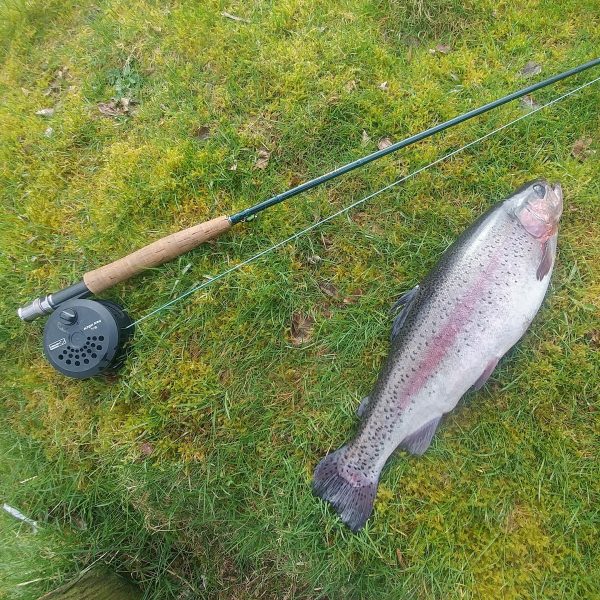
Fishing is not only a great way to get food in a survival situation, but it is easy to carry a basic fishing kit in even a very small survival kit. Some are even pocket sized like the Readyman wilderness survival card that fits into a wallet like a credit card.
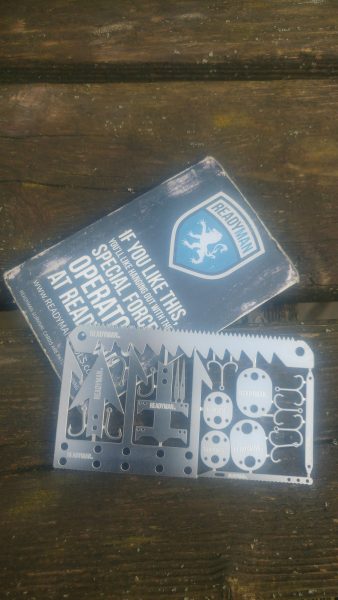
It contains a spear point for fishing or frog gigging, hooks and the snare collars can easily be adapted and used as spinners or bait can be dug or improvised from what you find around you.
Fishing line is also easy enough to improvise from gutted 550 paracord or even made from stinging nettles, lime bast, animal sinew or other natural resources you can find.
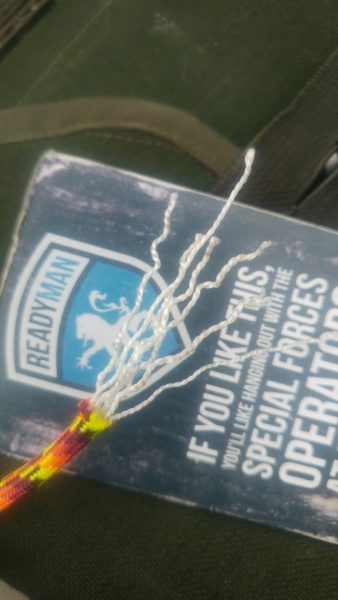
In a more substantial survival kit though fishing equipment can feature more prominently and a few more purpose made items will make your fishing much more successful than it might be with your ready man card.
Line
I carry two strengths in my dedicated survival fishing kit some heavier line of 15-20 lb breaking strain for larger fish and salt water fishing, this is also excellent for using as in trap building snare making and has almost infinite uses in a survival situation. I also carry lighter line of no more than 6lb breaking strain for regular fishing duties in fresh water.
I also carry a couple of steel trace for catching predatory fish like pike and zander. In my dedicated survival fishing kit I keep whole spools of line to make sure it is kept at pristine as possible and to avoid tangles.
In miniature altoids tin style survival kits you will want to keep a smaller quantity of line carefully coiled up but do be careful to avoid tangles otherwise you will have wasted your line.
Hooks
Always carry a selection of hooks from large ones suitable for salt water fishing and large target fish to very small hooks for catching small course fish, remember food is food and in an emergency lots of small fish is better than no fish at all. A massive size 1 hook will never catch small trout or course fish so do remember a selection of sizes.
In my dedicated fishing kit, I carry around 30 hooks of different sizes. Remember it is easy to loose hooks and the more you have the better. Multiple hooks also makes it possible to tie up multi hook rigs for herring and mackerel, which are very effective.
Also by using multiple hooks you can set night lines and build hook traps for also catching ducks and birds, but take note that THESE METHODS SHOULD ONLY BE USED IN TRUE SURVIVAL SITUATIONS AS THEY ARE CRUEL AND ILLEGAL.
Also consider packing pike scissors. These are special spring loaded hooks that are perfect for predatory fish and can be baited and set on static fishing lines. They are especially effective when set through a hole in ice.
Bait
This is a hard thing to include in a survival fishing kit as you may not use it for months or years, and perishable bait will not last. Instead think of artificial baits such as fishing flies, spinners, and lures that you can include that will not rot, putrefy, or smell in your kit.
You can always dig bait or use small bits of carrion, shellfish or insects that you find for bait in the wilderness.
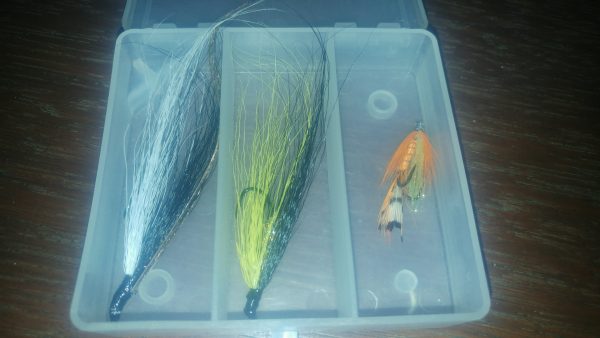
YoYo Reels
These are something to consider packing, but which I admittedly tend not to, because they are a way of setting a hook using a spring loaded reel that can be left unattended. I’m just comfortable setting this kind of ‘trap’ using just what I find around me, so I tend to dispense with the extra weight and expense of these reels.
Fishing Rod
For a true survival fishing kit this may not be an option but I often carry a small telescopic rod on my expedition that packs down to less than 30cm long, and with the addition of a compact reel, this simply makes fishing so much easier.
This isn’t true survival but many of us enjoy to practice survival skills as we engage in other outdoor activities and doing a bit of basic fishing while we are out and about is a great way to supplement our food and enjoy a more basic style of outdoor living. With a bit of simple improvising and bushcraft skill simple pole rods are easy enough to make from a willow or hazel wand anyway.
Floats
Let’s face it wood, sections of reed stem, feathers, and other naturally occurring materials float and I tend not to carry floats as they can be fragile and large.
Instead, I rely on my buschraft abilities to be able to make floats if I need them. If you absolutely want to carry a float I recommend carrying some floating putty as it saves space and you won’t accidentally crush it or break it in your pack.
In a true survival situation you may have nothing but a very small kit to use for fishing or even nothing at all, in which case you will have to improvise fishing line from your shoe laces, suture thread, dental floss or natural materials that you can find.
These Improvisation skills will be very important in survival fishing and even with a kit might make the difference between going hungry or not.
